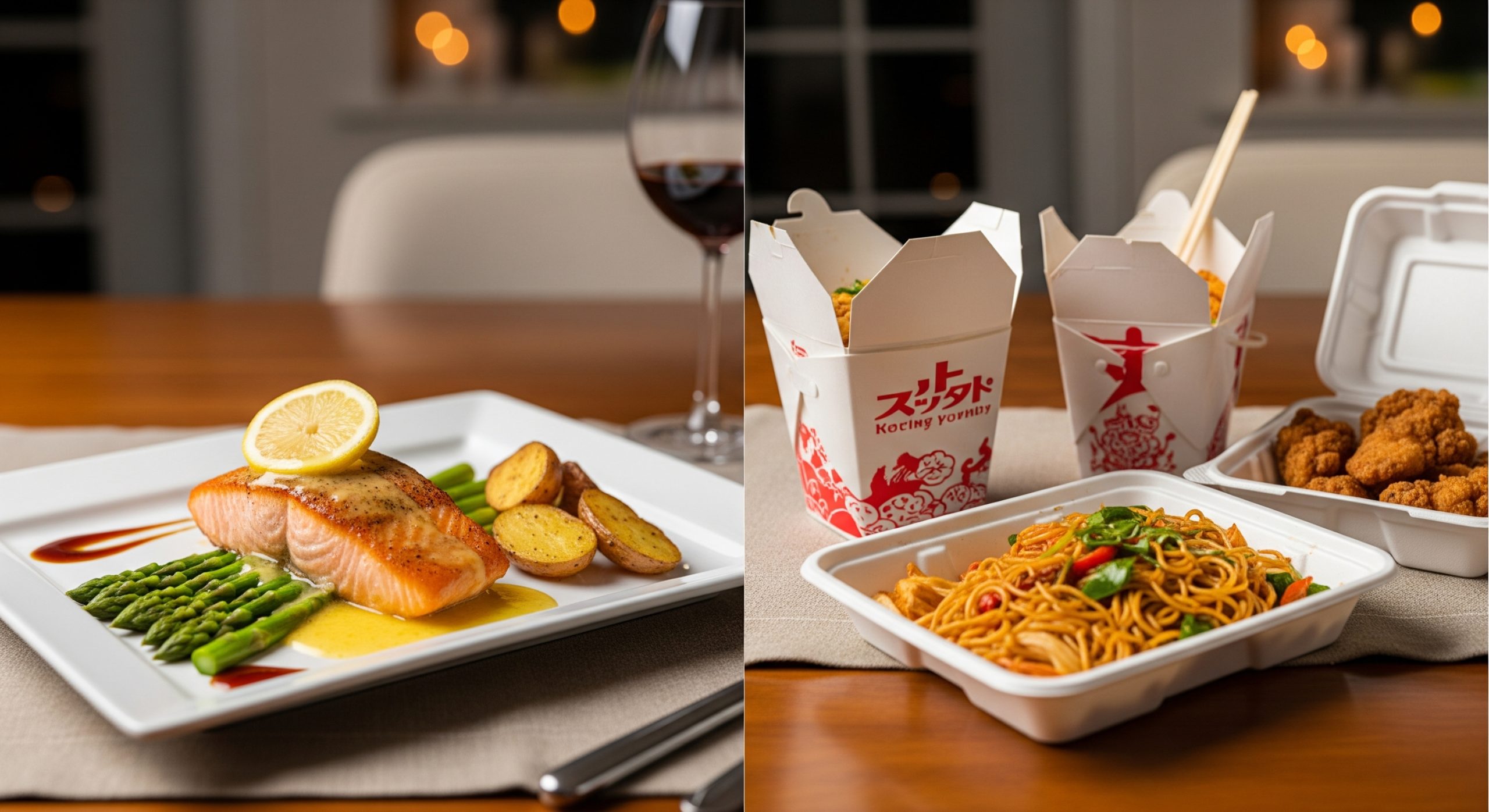
Restaurant-Quality Meals at Home: How Precooked Gourmet Options Compare to Takeout
Let’s be honest – we’ve all been there. It’s 6 PM on a Tuesday, you’re exhausted from work, and the last thing you want to
Cart
No products in the cart.
Important Delivery Update: Slight Delays Expected (Click for Details)
NEW YEAR COUNTDOWN SALE ENDS:
Black Friday Sale: Save up to $30. Shop our Black Friday Sale.
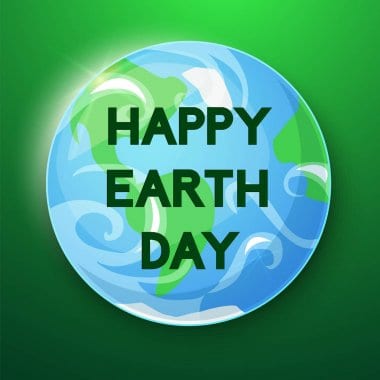
National Earth day is approaching on Thursday April 22nd. Today, not only is Earth Day a day meant to increase awareness of environmental problems, but also it is also becoming a popular time for many communities to gather together to clean up litter, plant trees, or simply reflect on the beauty of nature. What do you have planned? Whatever it is, why not go all-in and make sure your menu matches the mood by incorporating some planet-friendly food that we deliver to your home.

Fifty years ago there was no EPA, no Clean Air Act and no Clean Water Act. In fact, there were no legal or regulatory mechanisms to protect our environment. Then, in the spring of 1970, Senator Gaylord Nelson created Earth Day as a way to force this issue onto the national agenda. Twenty million Americans demonstrated in different U.S. cities, and in December 1970, Congress authorized the creation of a new federal agency to tackle environmental issues – the U.S. Environmental Protection Agency. This followed with successful laws including the Clean Air Act, the Clean Water Act, and the Endangered Species Act.
To commemorate Earth Day 2021 in the best possible way here are some suggestions for planet-friendly food.
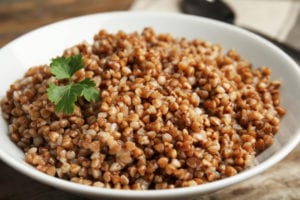
Buckwheat has been around for thousands of years, prized for its grain-like seeds. It makes great oatmeal and risotto and is an unexpected addition to a salad. It is also gluten-free, as it’s a seed, so safe for those with Celiac disease. Making pancakes or bread with half buckwheat flour adds an earthy nuttiness that is incredibly satisfying. Buckwheat is an extraordinary and quick-growing organic cover crop, whose use has declined with the prevalence of synthetic herbicides and pesticides. Cover crops attract beneficial insects and suppress weeds so the more buckwheat we eat, the more of these productive little powerhouses will be planted. Plus the flowers are gorgeous, and a terrific source of nectar for honeybees.
Buying any type of honey supports planet health, because Colony Collapse Disorder—the mysterious disappearance of bees worldwide—is a threat to plants. In fact, so much so that the White House established a task force to address pollinator health. Make sure your honey is real by purchasing small-batch honey—up to one-third of the product sold in the U.S. is counterfeit. Supporting beekeepers who are committed to sustainable honey-producing methods means supporting every other piece of pollinated food you eat.
Peanuts have a problem…by themselves, they don’t make a particularly creamy butter. To fix this, companies often include palm oil into the list of ingredients, despite environmental concerns. According to Greenpeace International, palm oil suppliers to some of the world’s largest brands have destroyed an area of rainforest almost twice the size of Singapore in less than three years. In fact, 25 palm oil groups have cleared over 130,000ha of rainforest since the end of 2015. Avoiding palm oil isn’t impossible for peanut butter lovers. It just means that you need to check the labeling. Avoid labeling that refers to ‘no stir’ or ‘spreadable’ and look for simply ‘peanuts and salt’
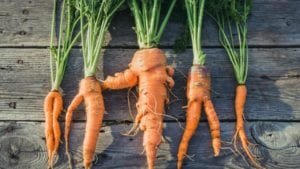
The Ugly Food Movement is just beginning! Much of our food waste every year is produce that is thrown away for being misshapen, wrong-sized or blemished. But this food is just as delicious as the supermodel food next to it, and perfectly safe. Just because it falls below the aesthetic standards of what most people will buy, stores simply throw it away. The best place to find ugly food is the farmers’ market, where we know deliciousness doesn’t require perfect shape. Asking a supermarket manager to carry ugly fruit and vegetables in a special section might give great food a second chance and you a nice discount.

Environmentally, it makes sense to eat free things that otherwise would have gone to waste rather than duplicate efforts to farm food. The only caviat that goes with this is to make sure that the food you forage is identifiable and legal. You don’t want to be poisoned accidentally or charged with illegal poaching! Did you know that some of the weeds that grow in your yard may actually be wild greens you could add to a salad, such as dandelion or sorrel. You might also find nuts, herbs, tree fruits, and cactus pads (also called nopales). These are other examples of food that grows on its own, even in urban areas.
Try to avoid purchasing air freighted produce because it emits much more carbon dioxide into the environment in transit than shipped food. Foods which are air-freighted tend to be those which are highly perishable. This means we need to eat them soon after harvesting. In this case, transport by boat is too slow, leaving air travel as the only feasible option. Soft fruit and vegetables tend to fall into this category. For instance, asparagus, green beans and berries are common examples of air-freighted goods.
It is often hard for consumers to identify foods that have travelled by air, since they’re rarely labeled as such. This makes them hard to avoid. A general rule is to avoid foods that have a very short shelf-life and have traveled a long way (many labels have the country of ‘origin’ which helps with this). This is especially true for foods where there is a strong emphasis on ‘freshness’. For these products, transport speed is a priority and air freight is usually involved.
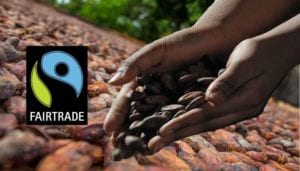
Look for the Fair Trade Certified™ seal when you shop for coffee. A Fair Trade-certified coffee means it has been audited throughout the supply chain to meet certain sustainability and labor standards. The aim of Fair Trade is to give producers better pay, and improve their life circumstances. For example, the Fairtrade Premium scheme ensures a sum of money goes into a communal fund for workers and farmers to use as they see fit. The Fair trade movement brings attention to the fact that coffee farming is a risky endeavor from which farmers often struggle to make money. And as the coffee market is currently facing a price crisis, a Fair Trade certification is one way to ensure that every farmer receives a Fair Trade payment that is above base commodity price, hopefully bringing them closer to earning a sustainable living.
As you may have learned in our previous blog “Our Commitment to Sustainable Home Meals” Eatflavorly prides itself on a sustainable a home delivery service. We will help you minimize food waste, by sending you meals that are the perfect size to satisfy your hunger. While enjoying our delicious global flavors you will at the same time be helping to reduce carbon emissions, supporting recycling and reducing pollution. Who knew? Choosing to buy convenient meals from us is a great way to celebrate National Earth Day. We deliver straight to your door with no subscription required. Order today!

Let’s be honest – we’ve all been there. It’s 6 PM on a Tuesday, you’re exhausted from work, and the last thing you want to

We’ve all been there—it’s the end of a long day, and the last thing you want to do is cook. The automatic response? Open a
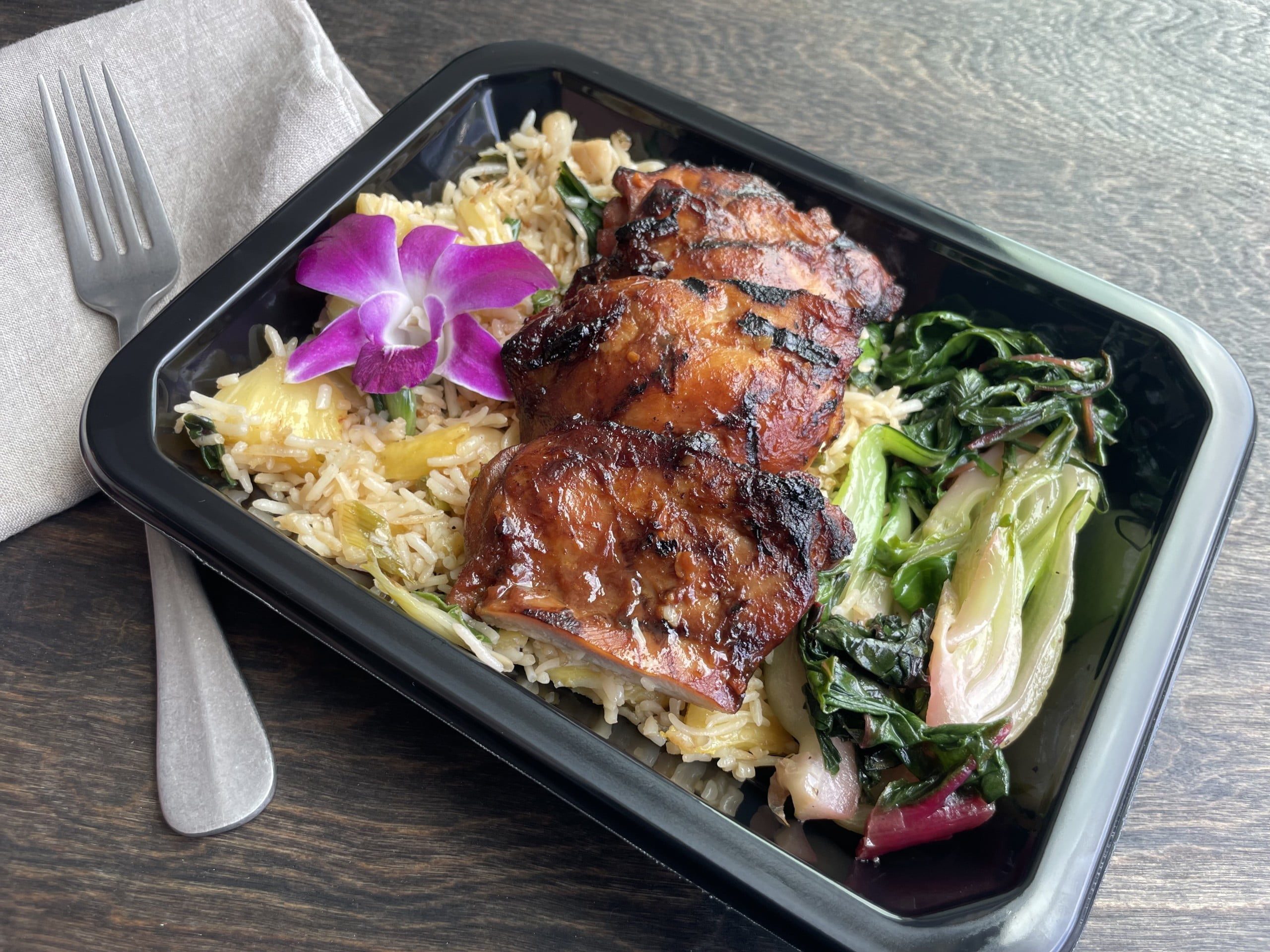
Summer just got here, and this heat already has us dreaming of a sweet island getaway. That’s why this month we turned to the beautiful
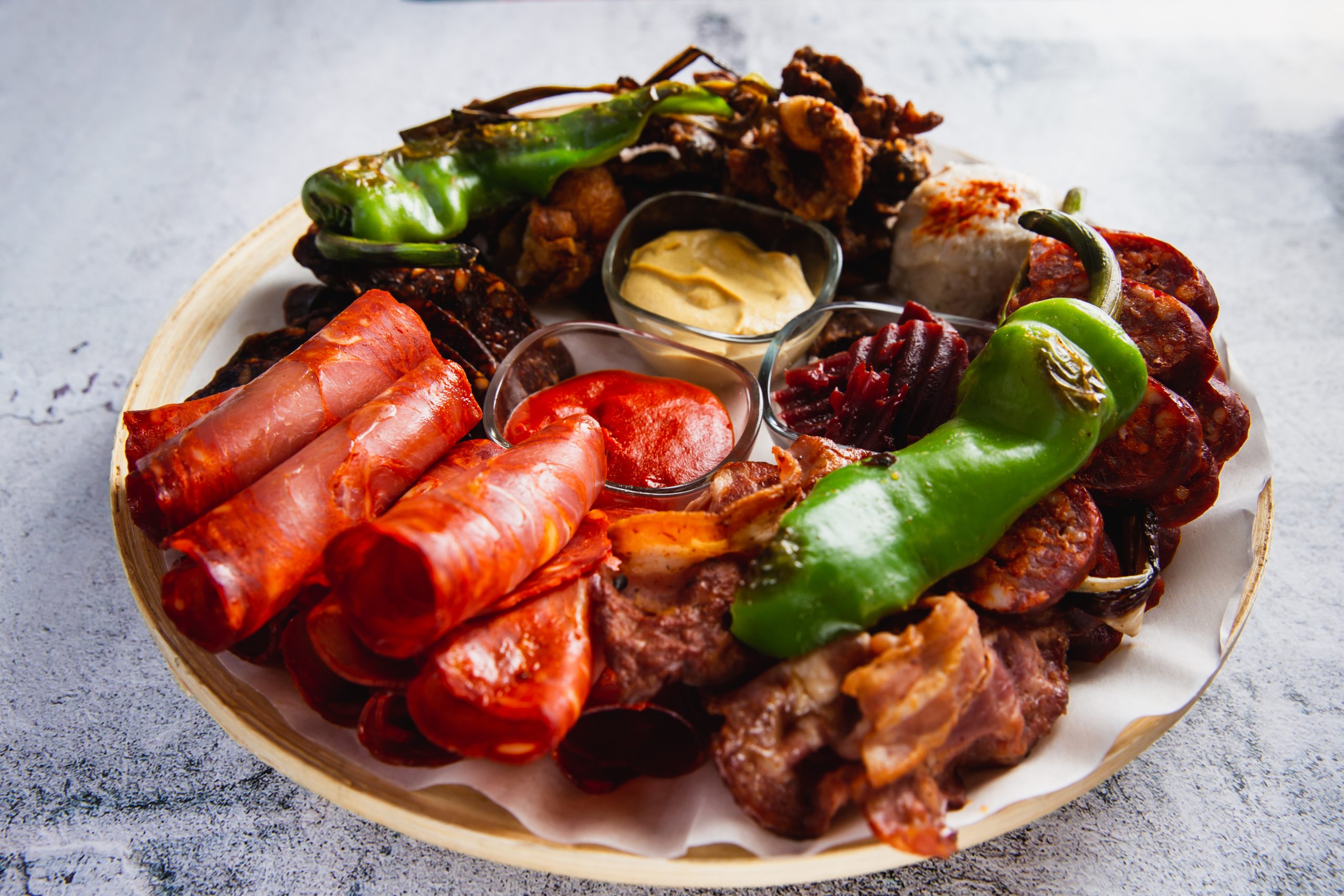
Check out how EatFlavorly utilizes Mexican meats and so many more in our scratch-made meals over at Our Menu! With Cinco de Mayo
Dear Flavor Enthusiasts,
You know how sometimes even the best-laid cooking plans hit a snag? Well, we’re having one of those moments! Our packaging machine has decided to throw us a culinary curveball, but we’ve already got replacement parts and a backup machine en route.
What does this mean for you?
Orders are still being accepted, and we expect to begin shipping again
in 7–10 days. We’ll keep you posted with an email when your order ships.
We appreciate your patience while we get everything back to running smoother than perfectly whipped cream.
Warmly serving you,
The EatFlavorly Team